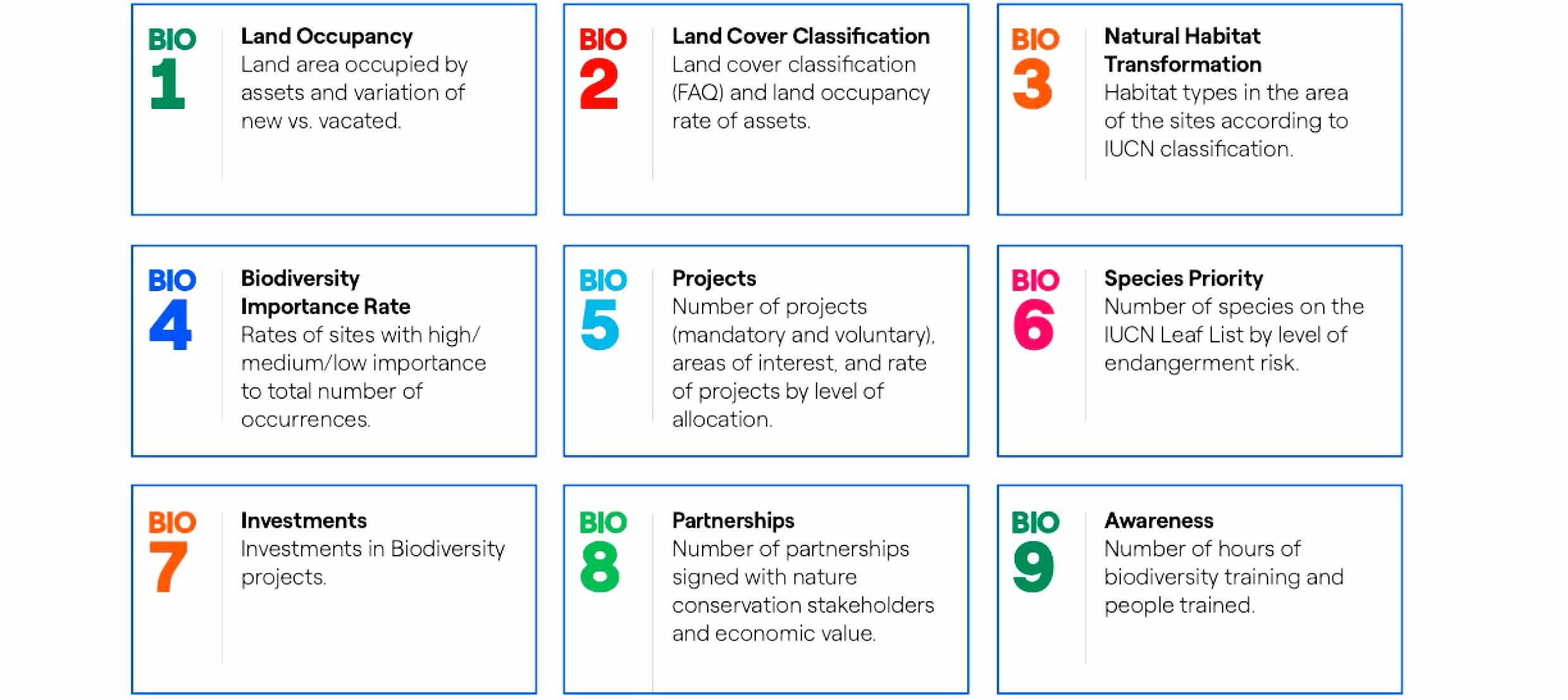Biodiversity protection is one of the strategic objectives of our environmental policy, and it is governed by a specific policy adopted by Enel Chile, which reflects the Group's guidelines and the principles with which it operates.
The highest international standards and principles described in the United Nations (UN) Convention on Biological Diversity (CBD), the UN Strategic Plan for Biodiversity 2011-2020 and CBD's Aichi Biodiversity Targets are reflected in the Company’s Biodiversity Policy, which seeks to respect the mitigation hierarchy principle.
This is how we strengthen our commitment to protect natural resources, and to ensure that our generation plants and electricity distribution assets are built and managed respecting ecosystems and their balances.
A commitment that is integrated into our strategy of creating shared value and is committed to highlighting the richness of biodiversity as an engine of sustainable development for the regions in which we work, from the Atacama desert to Patagonia.
Enel is aware of the value of ecosystems and biodiversity and is committed to the responsible management of natural resources during the project life cycle phases: projection, construction, operation and closure.
Within the scope of the Sustainability Plan, Enel has defined the following objectives in order to preserve biodiversity in the areas in which it operates:
- Improvement and standardization of business processes for assessing the biodiversity risk of new facilities.
- Testing of project and global indicators on the impact and conservation of biodiversity, and development of a reporting system for progressive organizational levels.
- Ensure the socio-environmental sustainability of the existing infrastructures and the extensions of the distribution and transmission network.
In accordance with the above, the first point of Enel's Biodiversity policy establishes that the company carries out its activities guided by the principle of "mitigation hierarchy", by means of which it prioritizes, in the first place, preventing or avoiding negative impacts, secondly, if the impacts cannot be avoided, reduce and remedy their effects; and, lastly, offset negative residual impacts.
In this way, when Enel plans a new project, it takes into account the environmental value of the territory, discarding sites that have a high biological value.
During the construction phase, Enel implements preventive measures, such as talks to all its collaborators, installation of signage or the environmental release of the work areas. When necessary, mitigation, repair and / or compensation measures are carried out, during which Enel can attribute the rescue of flora and fauna, reforestation, revegetation and enrichment of habitats, among others.
Finally during operation, in addition to implementing management measures established in the project´s environmental licenses, Enel monitors and evaluates the biological evolution variables in order to take corrective measures, if applicable. In this way, and as established by the second principle of its Biodiversity policy, Enel seeks to achieve the objective of “zero net loss of biodiversity”.
Within the framework of the commitment on the protection of Natural Capital, Enel Chile we have undertaken a greater commitment to the conservation of forests in accordance with the "No Net Deforestation" principle, recognizing their importance in terms of biodiversity richness and the role they play in capturing and storing carbon in the long range.
Regarding the safeguarding of protected areas, Enel Chile will not build new infrastructure in sites declared as World Heritage Sites by UNESCO.
Biodiversity Projects








